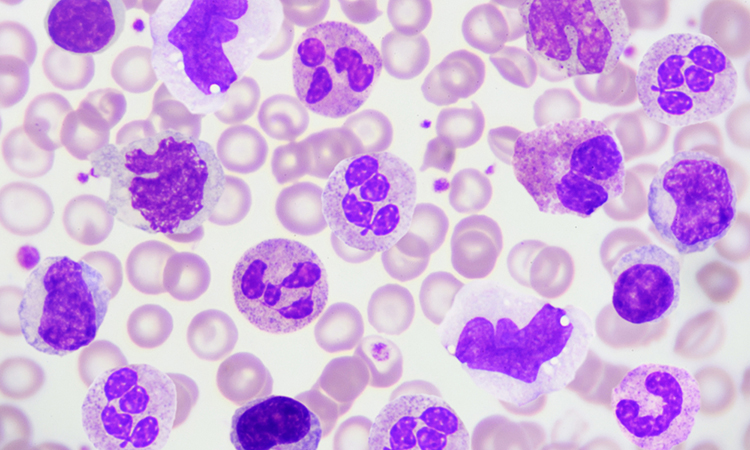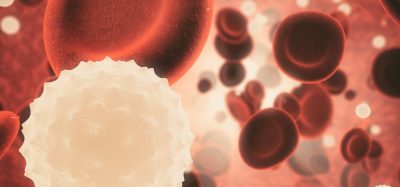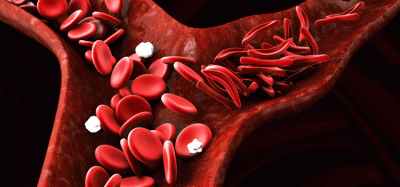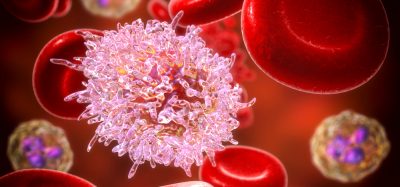Specialised white blood cells could lead to more preventative treatments
Posted: 18 July 2023 | Izzy Wood (Drug Target Review) | No comments yet
Australian researchers analyse the way specialised white blood cells produce an immune response, which could lead to the development of preventative treatments for cancer and infectious diseases.


Researchers led by Murdoch Children’s Research Institute and Federation University, Australia, have cracked the code regarding how a particular type of immune cell develops in the body and protects against infection and disease. The discovery has uncovered how these specialised white blood cells operate and can produce an immune response, which could help in the development of more preventive treatments.
Published in Science Immunology, the study involved samples donated to the Melbourne Children’s Heart Tissue Bank from heart surgery patients up to 16 years old. From these samples, the researchers looked at the role of gamma delta T cells within the thymus gland.
Associate Professor Dan Pellicci explained that by understanding the function of these cells, they could be harnessed to help prevent cancer and highly infectious diseases such as COVID-19, Strep A and tuberculosis. For the first time, they saw how this organ produced these infection-fighting immune cells.
Biomarkers aren’t just supporting drug discovery – they’re driving it
FREE market report
From smarter trials to faster insights, this report unpacks the science, strategy and real-world impact behind the next generation of precision therapies.
What you’ll unlock:
- How biomarkers are guiding dose selection and early efficacy decisions in complex trials
- Why multi-omics, liquid biopsy and digital tools are redefining the discovery process
- What makes lab data regulatory-ready and why alignment matters from day one
Explore how biomarkers are shaping early drug development
Access the full report – it’s free!
“We have large numbers of these specialised cells in our blood and tissues, which accumulate as we become adults. Until our study, it was unclear how these cells develop in the body,” he said.
“We have shown how these cells are trained over three stages, similar to receiving a primary, secondary and tertiary education, and fully formulate within the thymus. Following this education, the cells are ready to enter the rest of the body and are completely capable of fighting infections,” Pellicci described.
Previous studies suggested that these immune cells were mainly derived in the liver during a baby’s development in the womb, but this research debunked that theory.
“Many experts assumed that after birth, the thymus played little role in the development of these cells as we age, but we now know this little unsung organ helps the body prepare for a lifetime of good health,” he concluded.
“The more we know about these cells the greater the likelihood of unlocking new ways to treat infectious diseases and cancer.”
Related topics
Disease Research, Immuno-oncology, Immuno-oncology therapeutics, Immunology, Microbiology, T cells
Related conditions
Cancer, Covid-19, Infectious diseases, Strep A, Tuberculosis
Related organisations
Federation University, Murdoch Children's Research Institute







